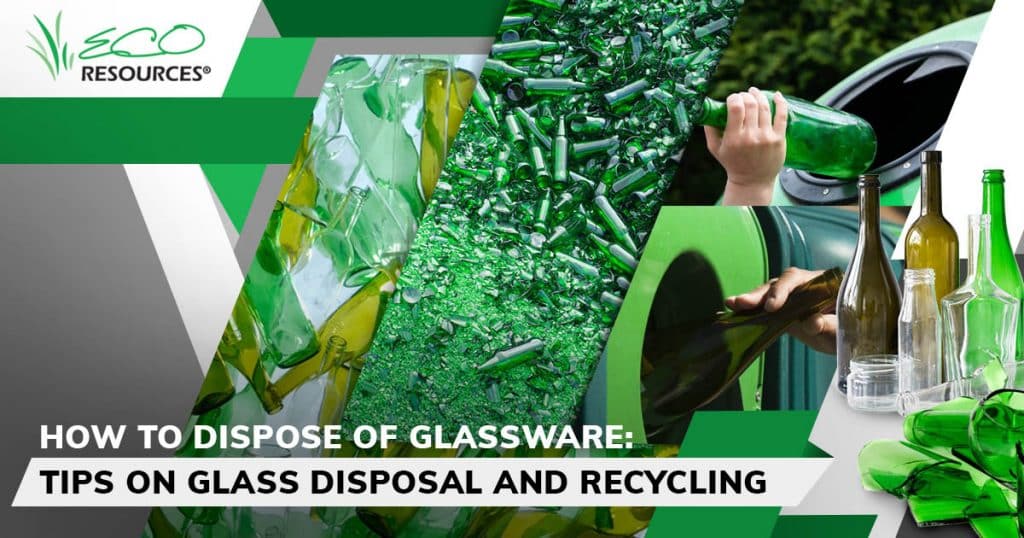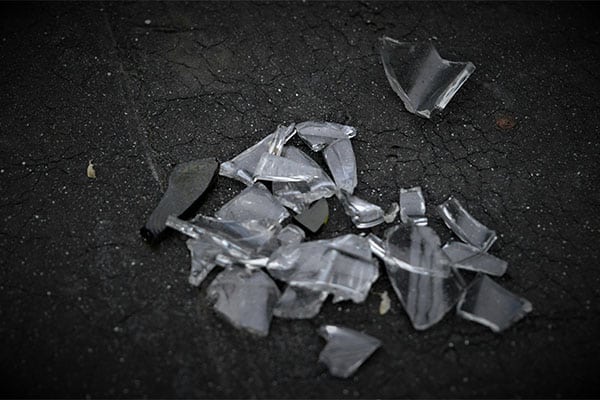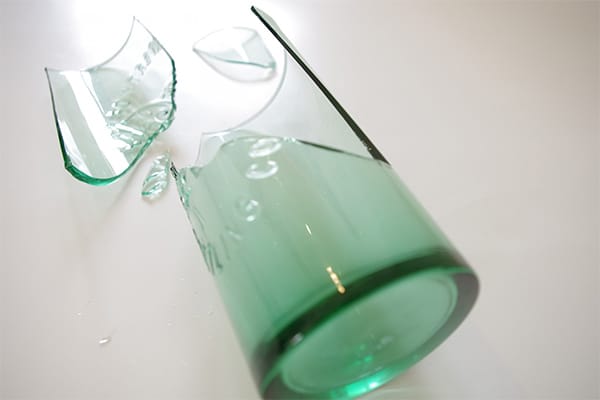

Glass, a ubiquitous material in our daily lives, is often overlooked when it comes to responsible disposal. Understanding how to dispose of glassware properly is crucial, as improper methods can have a lasting environmental impact.
Our goal is to educate readers on the significance of proper glass disposal and recycling. Improperly disposed of glass poses a significant threat to the environment.
Glass can take thousands of years to decompose in landfills, contributing to the accumulation of waste. Moreover, broken glass left in open spaces can pose dangers to both humans and wildlife.
By understanding the repercussions of negligent glass disposal, we can take steps to mitigate these environmental threats.
Not all glass is created equal. Bottles, jars, and certain containers are typically recyclable.
Clear, green, and brown glass are widely accepted in recycling programs. Pyrex, drinking glasses, and mirrors are not suitable for regular recycling.
These items have different melting points and compositions, making them incompatible with the recycling process. Utilise designated recycling bins for glass items.
Many communities have recycling centres that accept glass, making it easy to contribute to sustainable waste management. Consider donating usable glassware to local charities, thrift stores, or community centres.
To dispose of glassware safely, you can follow these steps:

Recycling broken glass is crucial for both environmental and safety reasons. By recycling, we reduce the environmental impact and minimise the potential hazards associated with broken glass fragments.
Prioritise safety by wearing protective gear, including gloves and safety glasses. Sweep up large fragments carefully, and use a damp cloth for smaller shards to avoid dispersion.
Store broken glass in a puncture-resistant container labelled “broken glass.” Contact local recycling facilities to inquire about their specific requirements for broken glass disposal.
Glass windows, a common household item, can be recycled to promote sustainability. Understanding the composition of glass windows is essential for proper recycling.
Many municipalities have programs that accept old or broken glass windows. Research local recycling options and guidelines to ensure proper disposal.
Some recycling centres specialise in glass materials, including windows. These facilities are equipped to handle larger glass items and may have specific drop-off locations or pickup services.
Exercise caution when removing glass windows. Wear protective gear and follow proper removal techniques to minimise the risk of breakage and injuries.
Before recycling, clean glass windows thoroughly, removing any contaminants such as paint or metal. Separating glass from other materials ensures a smoother recycling process.

Safe glass disposal is paramount to prevent injuries and environmental harm. Following proper procedures for handling broken glass is essential for the well-being of individuals and the planet.
Always wear gloves and safety glasses when cleaning up broken glass. Consider using a dustpan and brush or tongs to pick up larger fragments.
To dispose broken glass safely, you can adhere to these steps:
In conclusion, responsible glass disposal is an integral part of sustainable waste management. By understanding the types of glass suitable for recycling, proper disposal methods for intact and broken glass, and recycling options for specific items like glass windows, individuals can make a significant impact on the environment.
Let’s recap the key points discussed in this article and encourage readers to adopt responsible glass disposal practices. Recap of key points:
As conscientious members of society, let’s take the necessary steps to dispose of glassware responsibly. By incorporating these practices into our daily lives, we contribute to a cleaner and safer environment for current and future generations.
For those seeking professional waste management services, resource recovery, and recycling solutions in Perth and across Western Australia, consider Eco Resources. As a leader in the industry, we are dedicated to providing eco-friendly and sustainable waste management solutions.
Contact us for more information on how Eco Resources can help you make a positive impact on the environment.

Kristy Sumich is the owner and director of Eco Resources, a prominent waste management and recycling service in Western Australia. With deep industry knowledge and hands-on operational experience, Kristy is dedicated to providing sustainable solutions in waste management.
All rights reserved © Eco Resources. Website by Selling Online Made Simple. Sitemap.